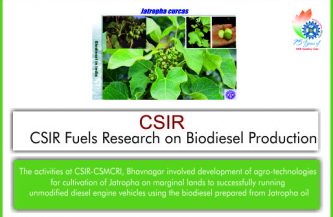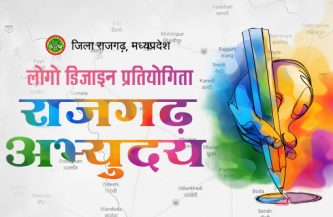Vaccination, Immunization & Community Health

Health is a fundamental human right, yet it remained hugely unattainable across many countries for a long time, and in many ways it continues even today. While several factors contribute to this, the rise of life threatening diseases, which proved to be a global health problem over several decades, was one of the main reasons for this. In this context, vaccination, immunization & community health becomes a sensitive and crucial topic. Of the many breakthroughs made by medical research, vaccination is by far one of the best. Vaccination has reduced the threat of many infectious diseases (two of the most deadly diseases: smallpox and rinderpest have been eradicated), and has enabled many countries to overcome serious problems like infant mortality, children’s immunity, maternal health, overall mortality rate et al.
What is Vaccination?
Vaccination means the deliberate administration (through injections or oral drops) of small dosage of inactivated or weakened virus or bacteria to prepare the immune system to fight future infection(s) and make the person immune or resistant to a particular infection. Through vaccinations, the immune system is made to recognize an organism without it actually experiencing a disease caused by that organism. Vaccination, at times, may have to be administered on a regular basis with a specific time gap in between. Such vaccines are known as ‘booster’ vaccination to help the immune system overcome a real onset of an infection. Eg: Polio.
Universal Immunization Programme India
India introduced the Immunization Programme in 1978 as ‘Expanded Programme of Immunization’ (EPI) under the Ministry of Health and Family Welfare. The programme was renamed ‘Universal Immunization Programme’ (UIP) in 1985. With the objective of covering all districts in all states across the country by 1989 – 90, this programme became one of the largest health programmes in the world.
Under UIP, vaccines againt 12 life threatening diseases are provided to infants, children and pregnant women. Some of these vaccines include: BCG (Bacillus Calmete Guerin) , OPV (Oral Polio Vaccine), Hepatitis B, Pentavalent, Rotavirus, Measles/MR, JE (Japanese Encephalitis), DPT Booster, TT (Tetanus Toxoid Vaccine) etc.
(Reference: https://www.nhp.gov.in/universal-immunisation-programme_pg)
Arunachal Pradesh: Vaccination, Immunization & Community Health
One of the most ambitious health programmes introduced in Arunachal Pradesh, the Measles – Rubella (MR) Vaccination drive was launched by Arunachal Pradesh Chief Minister, Pema Khandu in 2018.
The programme managed to achieve the global target of 100 per cent vaccination against measles and rubella. From using helicopters to reach highly remote areas, to dedicated efforts by the goernment, religious heads, teachers, health workers including ASHA and Anganwadi workers (walking upto 8 to 9 kms), to planning, training and supervision by UNICEF and WHO personnel, the campaign successfully provided the vaccine to around 4.5 lakh children in the age group of 9 – 15 years within a month.
 Image Source: Ministry of Health, India
Image Source: Ministry of Health, India
Mission Indradhanush was initiated in 4 phases (2015 – ongoing) to accelerate national immunization coverage with a special attention on low coverage areas. To meet the objective a revision of the microplans was conducted, special plans were developed and effective communication and social mobilization efforts were included. North East India was covered under phase IV of the programme, which started in February, 2017, and districts covered in Arunachal Pradesh include Changlang, East Siang, East Kameng, Lohit and Upper Siang.
A state initiative, Mission Pratiraksha is a convergence of Mission Indradhanush and has achieved almost 90% immunization coverage till date. This initiative was started as a supplementary action plan to accelerate the objectives of ‘complete immunization coverage’ and include everyone who had been left out or had failed to turn up for earlier vaccination programmes, especially in areas with low immunization coverage.
The Intensive Pulse Polio Immunization (IPPI) programme is an extended precautionary measure to aggressively wipe out any wild polio virus and prevent all chances of its recurrence. Even though India was declared ‘polio free’ since 2014 by WHO, there remained a possibility of its recurrence due to reasons such as immigration from neighbouring countries.
Conclusion
Immunization is one of the most effective ways of disease prevention and ensuring a stronger and healthier future for people. While there has been a shift from the traditional focus of reducing infant mortality to building resistance against life threatening disease even in adulthood, vaccination is an integral part of strengthening community health.
With the objective of providing routine immunization and increasing coverage within the state, these health programmes have ensured the fulfillment of universal healthcare for all, especially in the context of both rural and urban health within Arunachal Pradesh. With constant and unified effort, proper awareness and active sensitization, we can sidestep any fear or taboo against immunization that may exist, and achieve the objective of making our state, our country and our world free of life threatening health risks.





